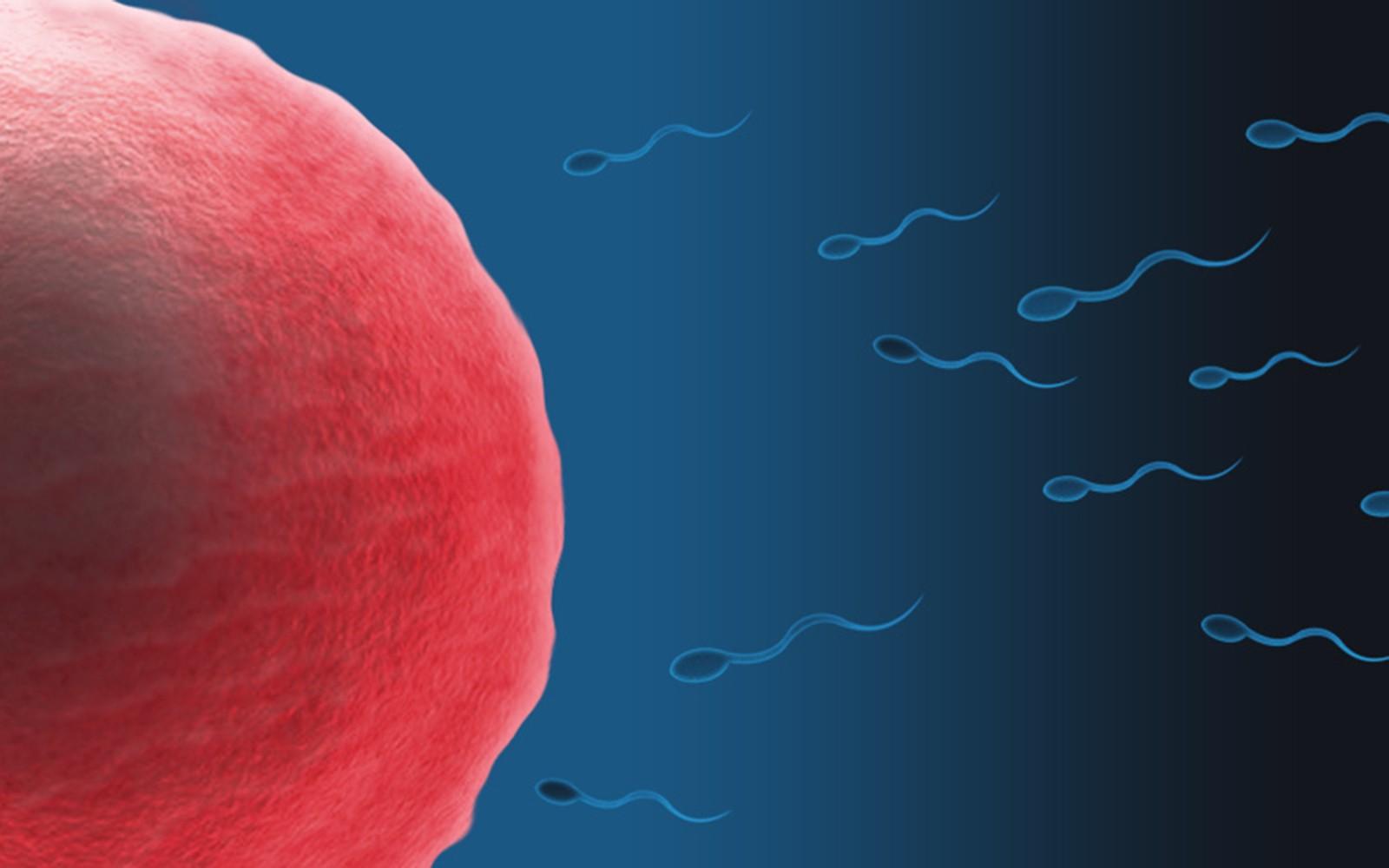Baby-making just moved from the bedroom to the laboratory. Chinese scientists have turned an embryonic stem cell into a primitive sperm, known as a spermatid, and used it to fertilize a mouse egg, the BBC reported. The fertilized egg developed into a perfectly healthy mouse, according to the researchers. This new development of manufacturing sperm in a lab setting has the potential to help fight male infertility.
Generating sperm is one of the longest and most complicated processes in the human body, according to the BBC. This is the first time sperm has been manufactured in a laboratory setting.
However, Professor Xiao-Yang Zhao, of the Chinese Academy of Sciences, told the BBC there were “ethical concerns” and “possible risks” with this new medical development.
Scientists used stem cells to make the spermatids. Though adult humans don’t have the right kind of stem cells, scientists were confident they could change human skin cells to a stem cell-like state and convert them to spermatids from there.
It’s taken a while for scientists to address male fertility, but this new breakthrough in reproductive science makes it possible for men to generate their own sperm.
For once, the spotlight is on male, not female, infertility. Fifteen percent of couples are infertile, according to the Eunice Kennedy Shriver National Institute of Child Health and Human Development. And of those couples, up to half involve male infertility, according to the Mayo Clinic.
Though the female reproductive system is just as important, it’s refreshing to know that some research is being done to look into male infertility. That may not seem to affect a lot of people, but when this research is applied to that percentage of the population, it can have a huge impact on the lives of a few.
Male infertility seriously impacts men in the United States’ patriarchal society. There’s a sense of empowerment that comes from being able to say, “I helped make that fellow human.” Not being able to procreate can seem like failing as a human being. Some may feel that male infertility is humiliating, and it’s no wonder why it often goes unaddressed. But there’s no need for anyone to be insecure about infertility.
Though this news from China is hopeful, everyone should be cautious to jump to the best-case scenario — human application — so quickly. Researchers have not tested this method on humans or even replicated the study. The results could soon be invalidated. But for countless couples all over the world, this study is still a source of hope.
There’s little to argue over when it comes to ethics. No harm is done in giving couples the opportunity to raise a child. Real stem cells won’t be used, and there’s nothing “unnatural” about fertilizing an egg. Whether it’s inside of a human or in a lab, an embryo is an embryo, and any solution to help infertility is welcome. Couples who are unable to make a baby will love one conceived in a laboratory just the same.
Despite this, a problem arises when the public tries to make informed arguments on a complex issue without fully understanding it. The journal entry for this is indecipherable for someone who doesn’t deal with science on a daily basis. We can talk about our moral convictions all we want regarding this subject, but we cannot speculate on what’s going to happen. This is science. It’s almost too complicated and multi-faceted for the average person to understand.
That being said, science is not interfering with a couple’s ability to have children, but supporting it. The best way to share this information with potential critics is to simplify the science and allow the public see the plain facts.
Sexual intercourse might be the traditional way to make a baby, but life doesn’t always work out perfectly. Sometimes, people need the help of science. And science doesn’t have to be a separate sphere.






















































































































